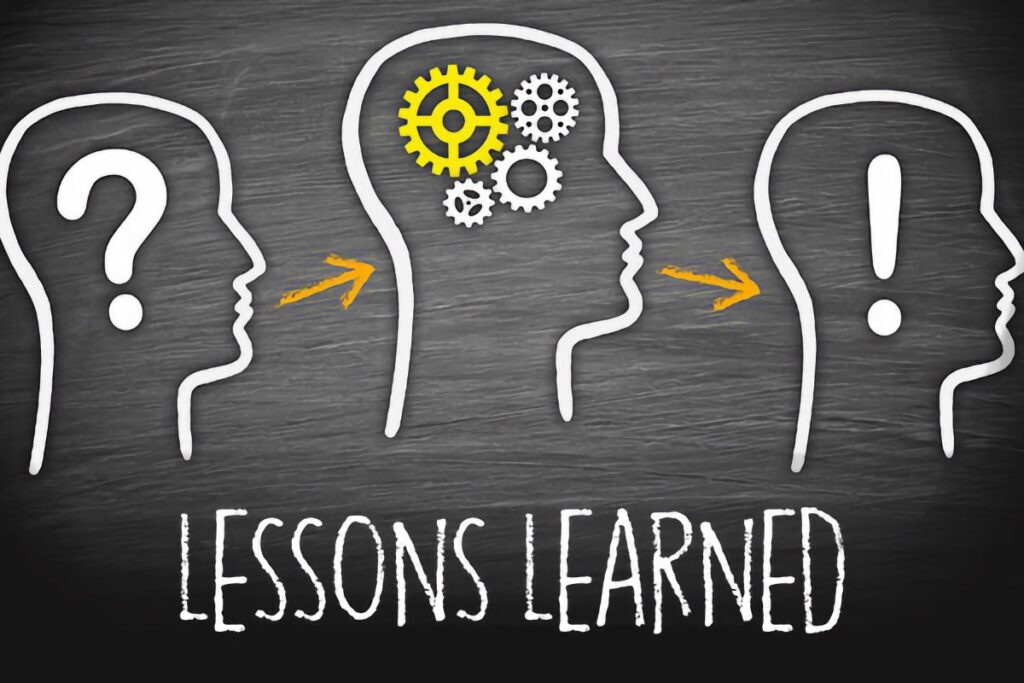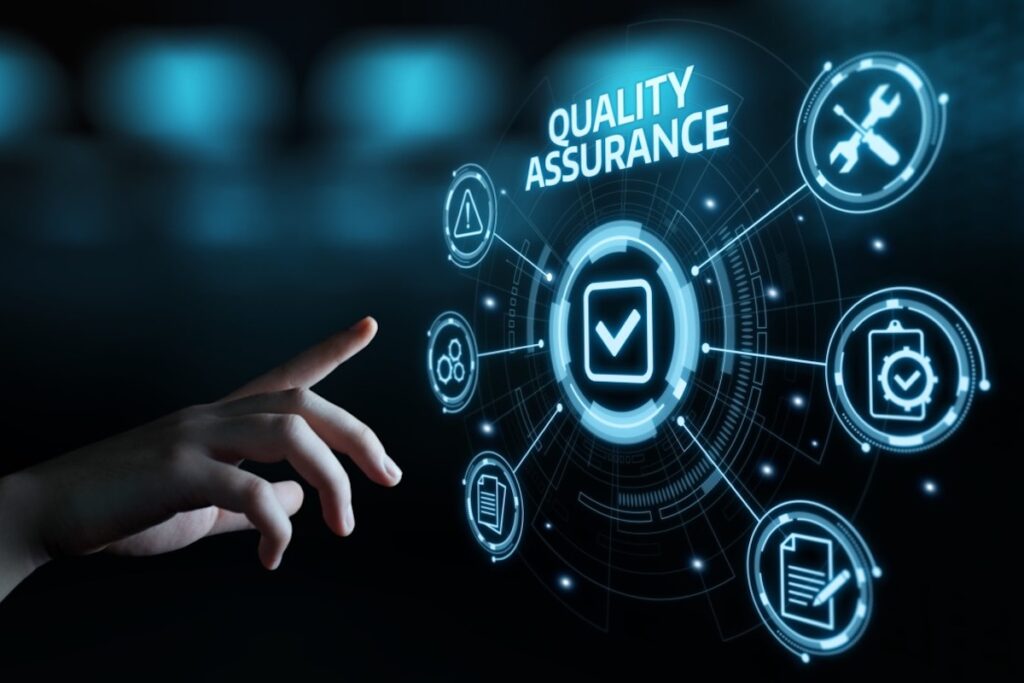Leveraging Root Cause Analysis to Prevent Recurring Quality Issues
In high-stakes projects—whether in government infrastructure, defense systems, or national data platforms—quality issues are more than temporary setbacks. If they recur, they erode trust, inflate costs, and threaten mission readiness. The most effective way to break this cycle is Root Cause Analysis (RCA)—a disciplined method for identifying the true source of a problem, not just its […]
Leveraging Root Cause Analysis to Prevent Recurring Quality Issues Read More »










